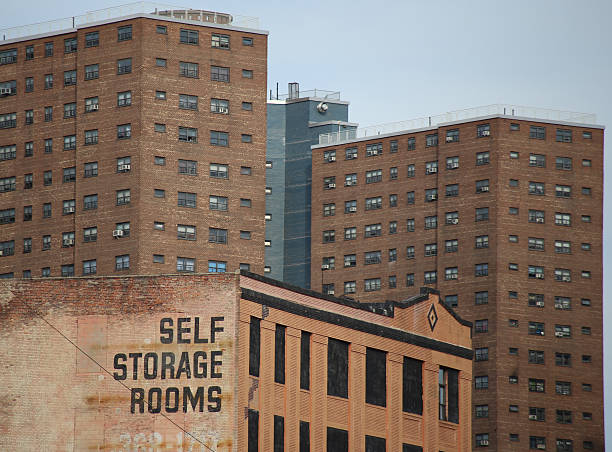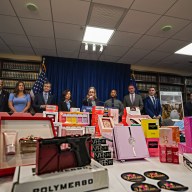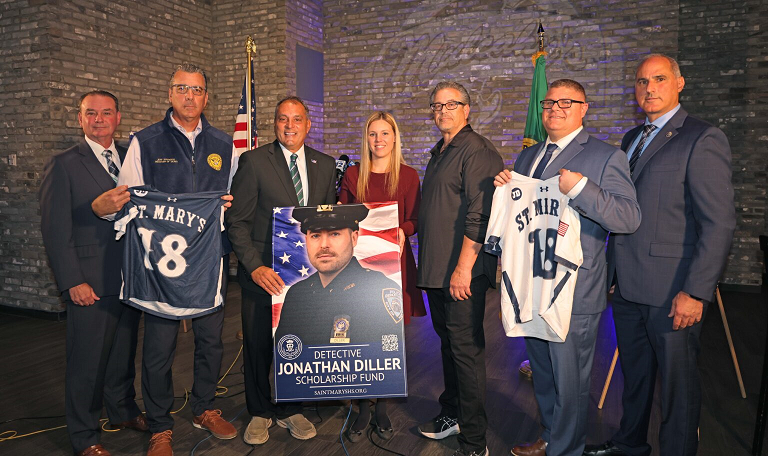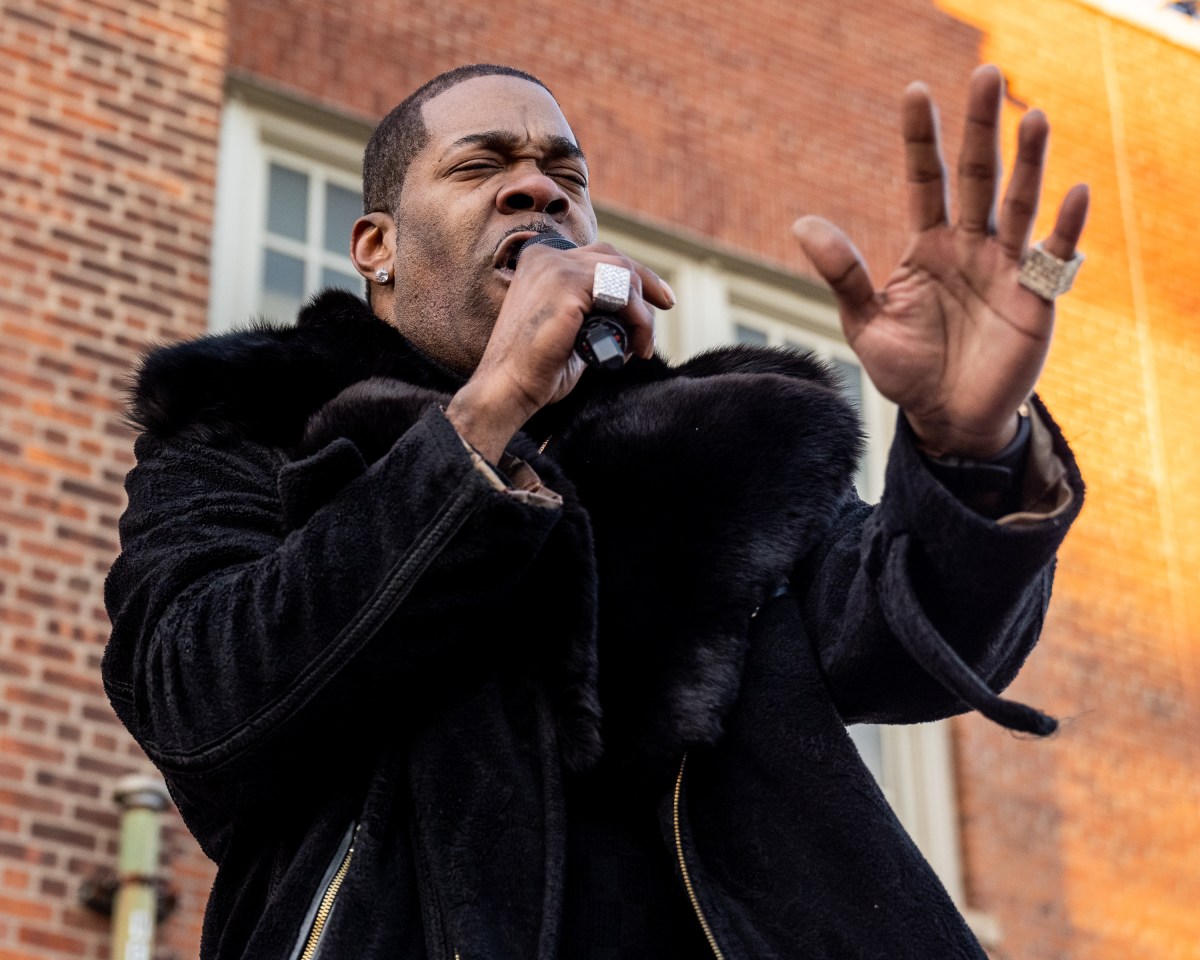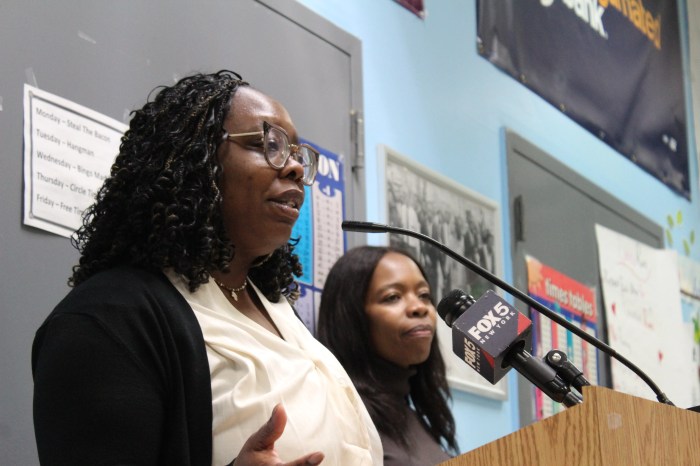
The city has reached an acceptable deal with civil rights plaintiffs challenging the NYPD’s highly controversial stop-and-frisk program.
It’s not perfect — but it’s a solid compromise.
The NYPD will not scrap stop-and-frisk tactics. But it does promise to use them more judiciously. And it will take aggressive action to make sure that the tactic meets constitutional standards — without racial profiling — Mayor Bill de Blasio promised Thursday.
That’s only reasonable. But we do wish the mayor had pushed back harder against the imposition of a federal court-ordered monitor who will oversee the NYPD’s rollout of stop-and-frisk 2.0.
True, the monitor is limited to just three years under the terms of the deal. Still, this official — as well as the City Council’s imposition of an independent NYPD inspector general — is overkill that could cloud the department’s tight chain of command. In its mildest form, this extra oversight could bury NYPD brass in piles of paperwork.
To what purpose? De Blasio is vigorously committed to reforming stop-and-frisk. Even former Mayor Michael Bloomberg, who saw stop-and-frisk as a mainstay of his anti-crime strategy, scaled back the program when court challenges intensified.
Crime rates kept falling even as Bloomberg’s retooling took hold. The hope now is that the racial resentments the program fed will also diminish.
Although the police unions ardently supported the Bloomberg administration’s appeal of the case, NYPD Commissioner William Bratton thinks rank-and-file cops will be glad to see the tactic reined in. Evidence at trial showed that cops in high-crime precincts were often pressured to make stops — helping explain the 90 percent release rate for those who were searched, then freed without charges.
That was bad policing, terrible community relations and an efficient way to poison police morale.
“We will not break the law to enforce the law,” Bratton pledged Thursday. Great words. Now we hope the NYPD survives a new onslaught of oversight unscathed.













